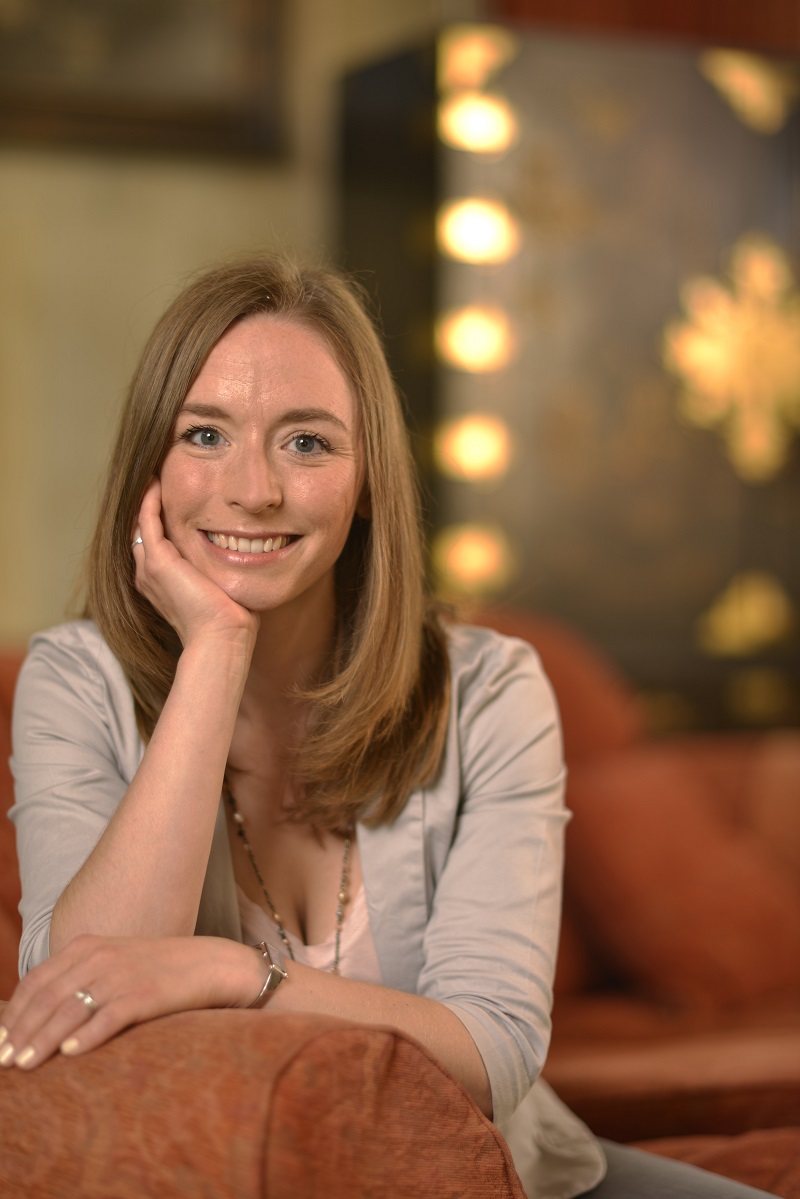SciSoc Spotlight Issue 29 – Dr Amy Milton
5 Nov 2021. Dr Amy Milton is with the Department of Psychology, University of Cambridge. A PDF version of this Issue is available here.
Which organisation and faculty are you currently attached to?
Department of Psychology, University of Cambridge.
What is your sepcialisation?
I am a behavioural neuroscientist, with expertise in memory reconsolidation and modelling mental health disorders in animals.
A short summary of your current research topic
My research aims to understand the process of memory reconsolidation, which is the hypothesised process by which memories become updated under certain conditions. I am interested in reconsolidation from a basic and theoretical perspective, and also from a translational perspective. As maladaptive memories contribute to numerous mental health disorders (including PTSD and drug addiction), disrupting the reconsolidation of these memories may provide a way to improve patient outcomes in the long term, with a relatively short duration treatment.
What made you decide to pursue research?
I became fascinated by psychology and neuroscience as an undergraduate, and I was particularly interested in learning and memory, and compulsive behaviours. I suppose that these are really related research interests: how do we know how to behave in future situations (based on our past experiences), and why do we not always behave adaptively? As I read more into these topics, it became clear that there is so much left to learn about these psychological processes, and I wanted to be part of the research community finding those answers.
One piece of advice…
If I had to give a single piece of advice, I would say that aspiring researchers should cultivate their willingness to learn from every situation. Research often produces unexpected data, but this doesn’t mean that it’s bad data; you just need to figure out why what you are seeing is not what you expected. You can also learn a lot talking to people from other disciplines – even if what they’re telling you now is not immediately relevant to your research, you’d be surprised how often that can seed new ideas. There is always something new to learn.
Trackback from your site.
